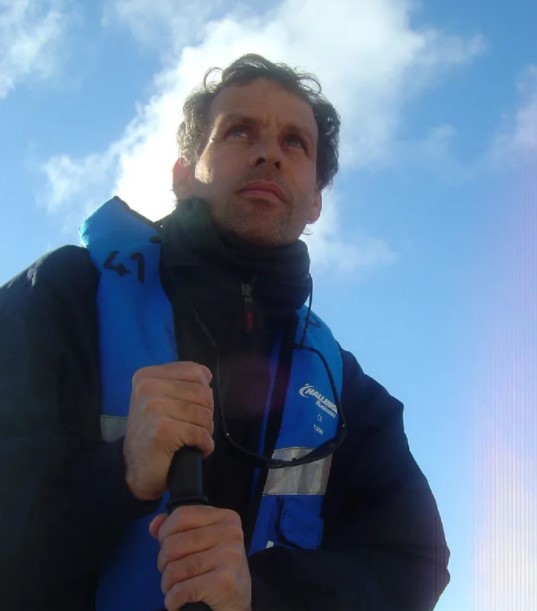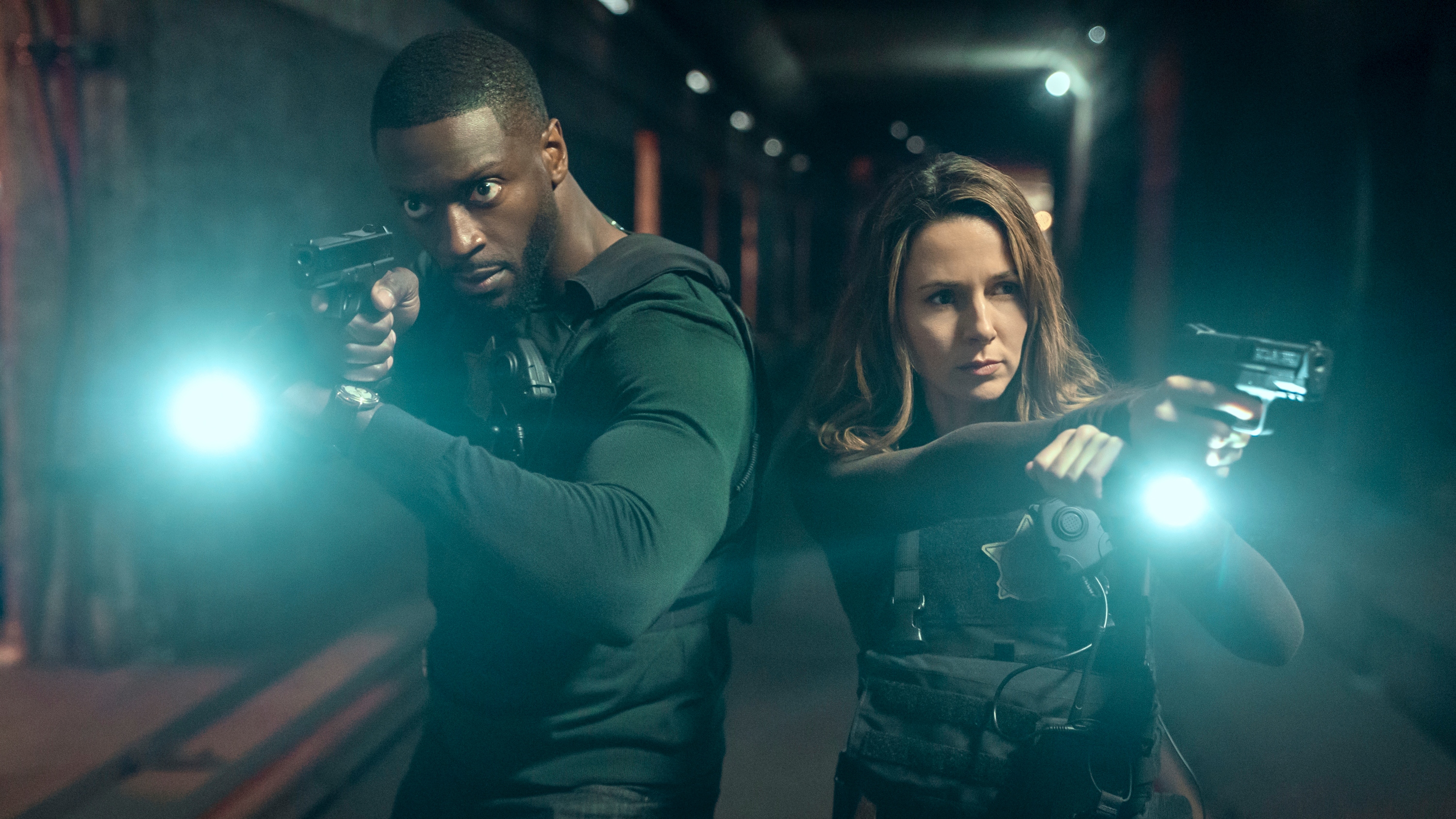The Mummy: Tomb of the Dragon Emperor | Film review - Flogging a dead corpse
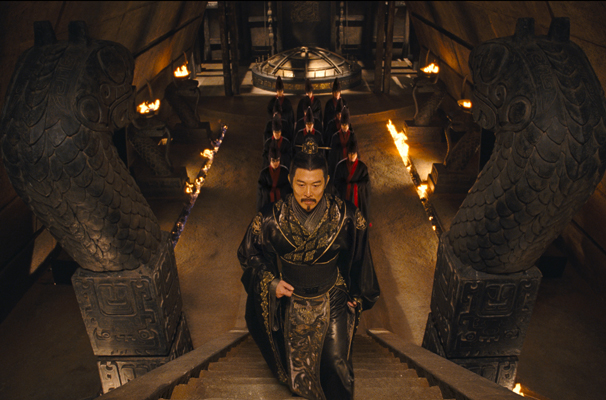
The latest updates, reviews and unmissable series to watch and more!
You are now subscribed
Your newsletter sign-up was successful
Want to add more newsletters?

ONCE A WEEK
What to Watch
Get all the latest TV news and movie reviews, streaming recommendations and exclusive interviews sent directly to your inbox each week in a newsletter put together by our experts just for you.

ONCE A WEEK
What to Watch Soapbox
Sign up to our new soap newsletter to get all the latest news, spoilers and gossip from the biggest US soaps sent straight to your inbox… so you never miss a moment of the drama!
The 2008 release of The Mummy: Tomb of the Dragon Emperor revealed the makers of the wildly lucrative Mummy franchise to be flogging a dead corpse. After 1999’s cheesy Indiana Jones knock-off The Mummy, 2001 sequel The Mummy Returns, and two Scorpion King spin-offs, they had clearly exhausted the possibilities of digging up any fresh stories in ancient Egypt and instead turned to China to revive the dormant series. With the Beijing Olympics imminent, it was a commercially canny move, but the adventure they disinterred was more than a little whiffy.
The makers of the wildly lucrative Mummy franchise are flogging a dead corpse. After 1999’s cheesy Indiana Jones knock-off The Mummy, 2001 sequel The Mummy Returns, and two Scorpion King spin-offs, they’ve clearly exhausted the possibilities of digging up any fresh stories in ancient Egypt and instead turn to China to revive the dormant series. With the Beijing Olympics upon us, it’s a canny move, but the adventure that’s been disinterred is more than a little whiffy.
You didn’t know that China had mummies? Well, The Mummy: Tomb of the Dragon Emperor opens with some exotic back story in which Jet Li’s ruthless, immortality-seeking emperor is tricked by Michelle Yeoh’s benign sorceress and ends up – after melting like gooey chocolate – imprisoned in terracotta, along with his army.
Flash-forward to 1946 and our old chums, explorer Rick O’Connell and wife Evelyn are going bonkers with boredom in their English stately home. Indeed, Brendan Fraser’s Rick is apparently so stupefied by his life of ease that he has failed to notice that his wife, played by Rachel Weisz in previous instalments, has morphed – without the aid of CGI - into Maria Bello, herself transformed from a sassy blonde Yank into a posh English brunette.
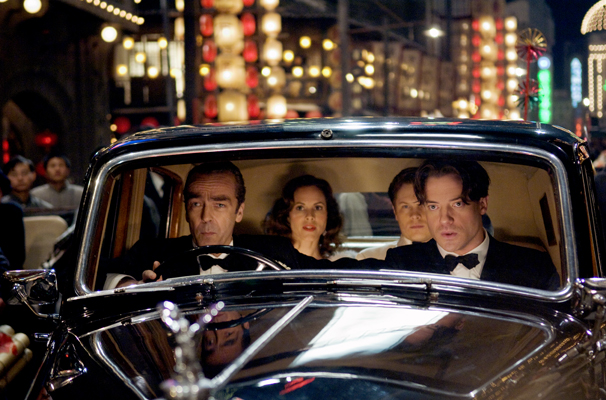
Fortunately, it only takes a trip to Shanghai and an encounter with their son to plunge the couple into another adventure. Luke Ford’s chip-off-the-old-block Alex has, it seems, been doing a spot of tomb raiding himself and has unearthed the undead emperor, whose appetite for world conquest remains undimmed by 2,000 years encased in clay.
The usual hair-raising scrapes follow, involving spells and curses, booby-trapped chambers and mountain passes, fireworks, fisticuffs, chases, gun battles, some yeti, a sword fight between Asian martial-arts legends Li and Yeoh, and a final SFX showdown between two armies of the undead.
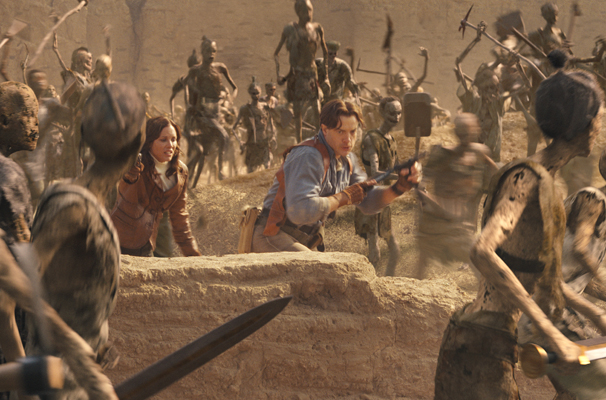
It’s all as disposable as an empty popcorn carton, but Tomb of the Dragon Emperor’s subtext is fascinating. I think the West’s anxiety about China’s rise to superpower status oozes from every frame. (Not for nothing is the film’s tagline: ‘A New Power Is Rising in the East’.)
The latest updates, reviews and unmissable series to watch and more!
There’s more, too. Jet Li’s emperor is modelled on a real Chinese ruler – Qin Shi Huang, the brutal king of Great Wall and Terracotta Army fame, and the man who first united China in the 3rd century BC. He was, by all accounts, as much of a monster as his screen counterpart – though I very much doubt he could turn himself into a three-headed flying dragon. He slaughtered his prisoners, enslaved conquered peoples, burned books and killed scholars. In other words, he’d easily get into the first eleven of historical tyrants.
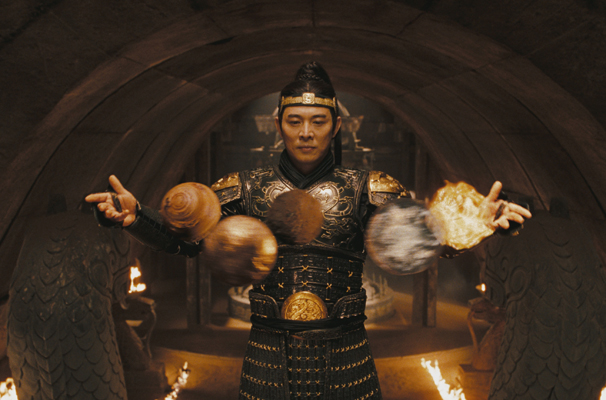
But modern China has an ambivalent attitude to Qin (Chairman Mao was a big fan), as you can tell from some of the other films he has inspired. The eye-popping 2002 epic Hero, for example, shows a king who is ruthless in pursuit of power. Zhang Yimou’s film champions a series of assassins who are trying to thwart his plans for conquest, but the movie ultimately decides that strong rule (read the present-day Communist regime) is necessary to unify the nation.
Tomb of the Dragon Emperor conveys a very different message. (Ignore, for a moment, the fact that Hero is a brilliant piece of filmmaking, while Tomb is tosh.) The movie’s mummy emperor awakens in 1946, at a time when Mao Zedong was engaged in a savage civil war for control of China, and declares: ‘I will crush any idea of freedom.’
Li’s emperor doesn’t play fair, either, but in the end he can’t stop the oppressed from rising against him – helped, of course, by our heroes who, armed with little more than pluck and derring-do, prevent a remorseless antagonist from regaining his full power and dominating the world. Wishful thinking? Oh, well, it’s only a movie.
Certificate 12. Runtime 107 mins. Director Rob Cohen
The Mummy: Tomb of the Dragon Emperor is showing on Saturday 27 August on ITV at 4.05pm.
https://www.youtube.com/watch?v=5-4qSE2Ch0Y
A film critic for over 25 years, Jason admits the job can occasionally be glamorous – sitting on a film festival jury in Portugal; hanging out with Baz Luhrmann at the Chateau Marmont; chatting with Sigourney Weaver about The Archers – but he mostly spends his time in darkened rooms watching films. He’s also written theatre and opera reviews, two guide books on Rome, and competed in a race for Yachting World, whose great wheeze it was to send a seasick film critic to write about his time on the ocean waves. But Jason is happiest on dry land with a classic screwball comedy or Hitchcock thriller.
